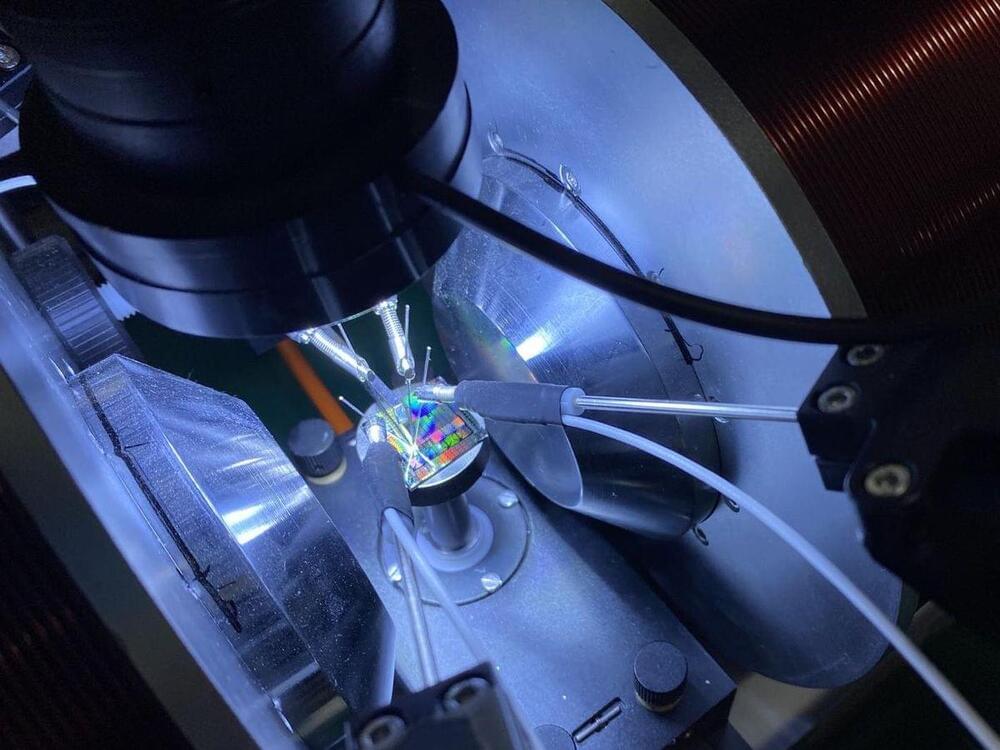A large universal quantum computer is still an engineering dream, but machines designed to leverage quantum effects to solve specific classes of problems—such as D-wave’s computers—are alive and well. But an unlikely rival could challenge these specialized machines: computers built from purposely noisy parts.
This week at the IEEE International Electron Device Meeting (IEDM 2022), engineers unveiled several advances that bring a large-scale probabilistic computer closer to reality than ever before.
Quantum computers are unrivaled for any algorithm that relies on quantum’s complex amplitudes. “But for problems where the numbers are positive, sometimes called stochastic problems, probabilistic computing could be quite competitive,” says Supriyo Datta, professor of electrical and computer engineering at Purdue University and one of the pioneers of probabilistic computing.
